Qualities of a Comprehensive Contract (With 20+ Samples)
Browse through the following samples to see what qualities make a good contract.-
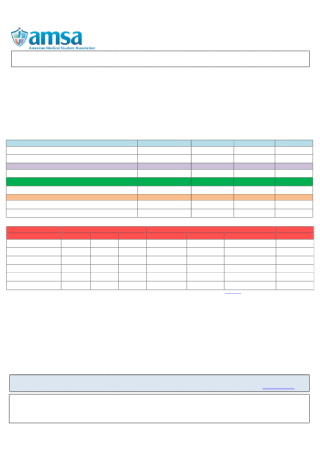
Advertising Contract
Use a contract to clarify an agreement made to fulfill one’s advertising needs.
-
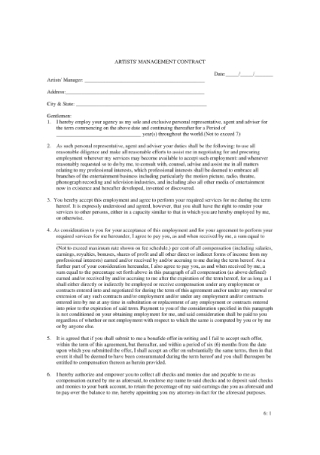
Artist Management Contract
Settle the terms of a party’s management services with the use of a contract.
-
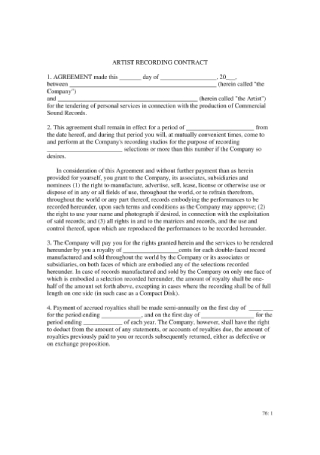
Artist Recording Contract
Sell and promote the record of a budding artist by using a contract to earn exclusive rights.
-
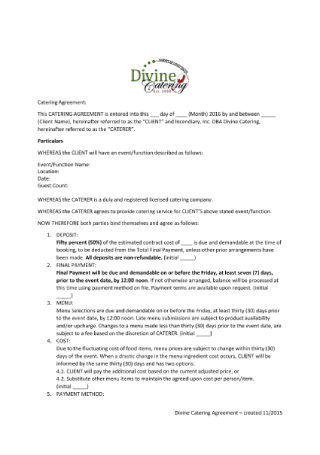
Catering Agreement Contract
Create a customized catering agreement contract for your catering services with this sample.
-
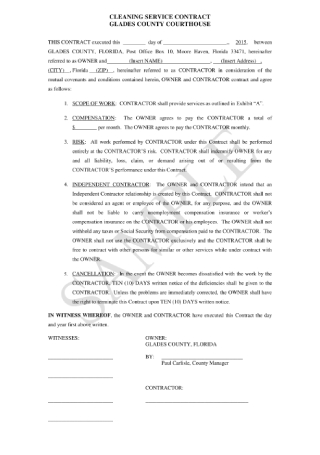
Cleaning Service Contract
Use this contract to establish the terms and conditions of a cleaning service arrangement with clients.
-
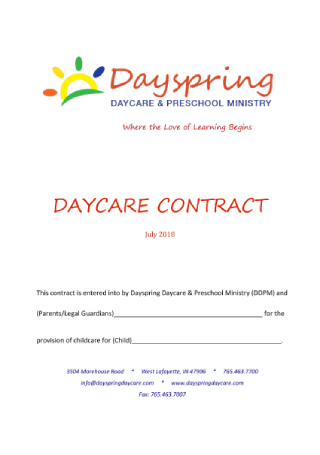
Day Care Contract
Secure the health and well-being of a child under the hands of a caregiver using a formal contract.
-
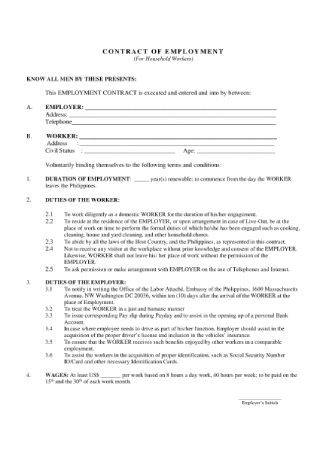
Employment Contract for Household Workers
Protect the rights of both employers and domestic workers through the use of a contract.
-
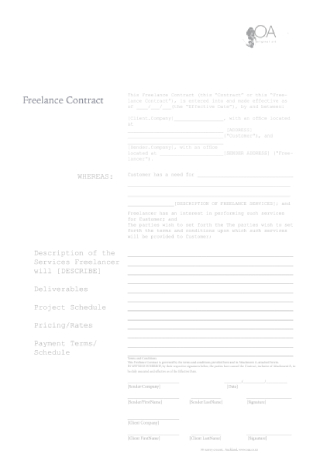
Freelance Contract
Lay out the scope of a freelance job with a written contract.
-
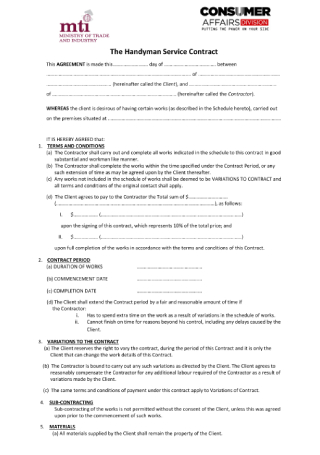
Handyman Service Contract
Use a contract to define the obligations of each party when delivering handyman services.
-
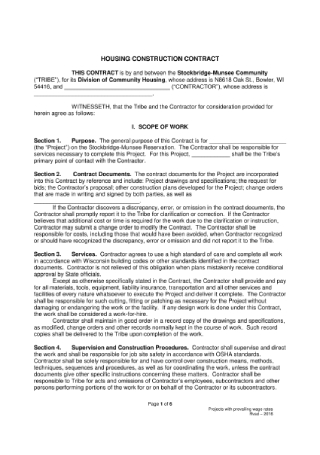
Housing Construction Contract
Write a contract to hold a party responsible for the services necessary to complete a project.
-
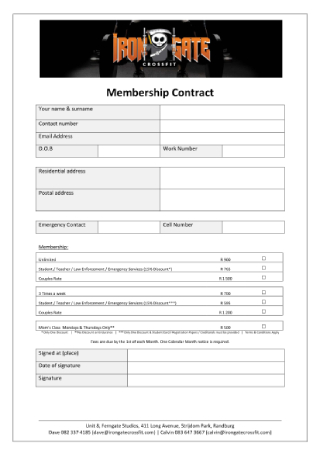
Membership Contract
Spell out the services granted to new and existing clients with a membership contract.
-
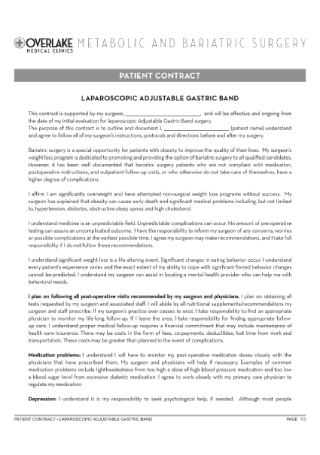
Patient Contract
Form a binding agreement between a patient and the practice through a simple contract.
-
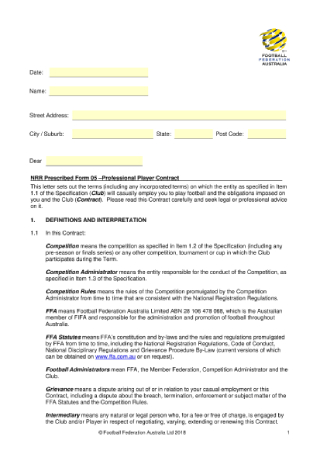
Professional Player Contract
Offer professional players and team organisations with long-term security using a contract.
-
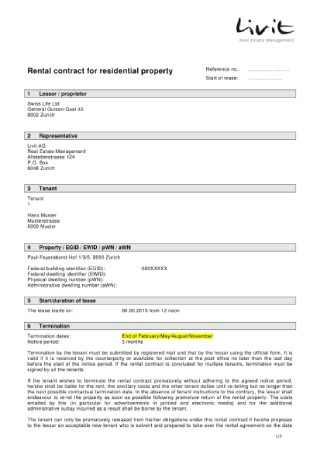
Rental Contract for Residential Property
Establish the rules that landlords and tenants must adhere to using a contract.
-
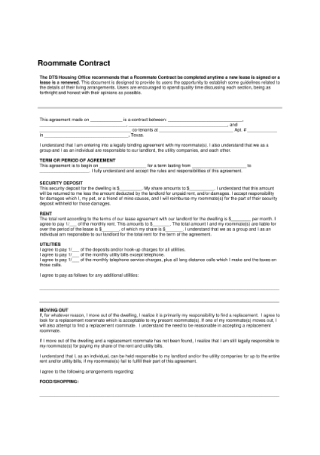
Roommate Contract
Outline the terms and conditions of living together by writing a contract.
-
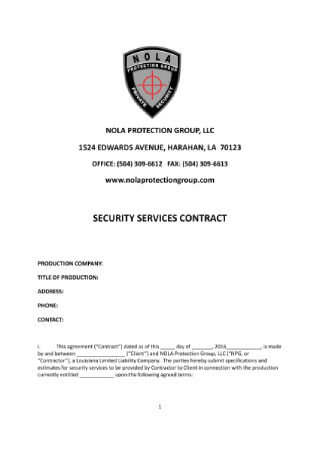
Security Services Contract
Provide security protection services to clients by having them sign a contract.
-
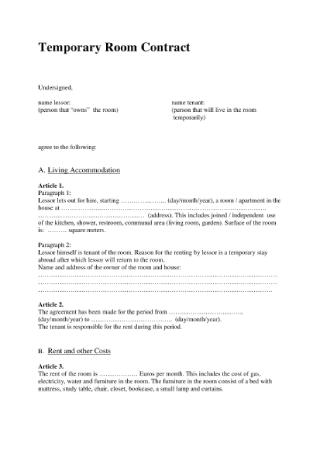
Temporary Room Contract
Smooth over disagreements before they occur with the help of a contract.
-

Travel Insurance Contract
Deliver information through a written contract to notify travelers of your insurance policy.
-

Website Design Contract
Enter a deal with prospective clients by using a contract to set down your terms.
-
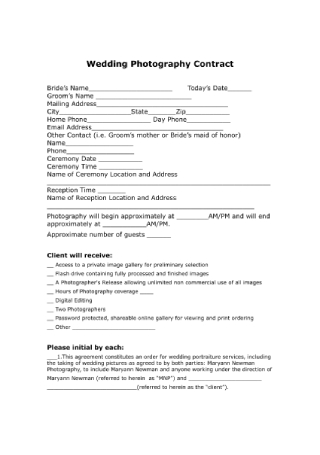
Wedding Photography Contract
Put everything into writing with your wedding photography services by using a contract.
FREE Comprehensive Contract s to Download
Qualities of a Comprehensive Contract (With 20+ Samples)
What Is a Contract?
Why Use a Contract?
Seven Elements of an Enforceable Contract
What Is a Contract?
Think of a contract as a promise between two people, except that it holds a much higher significance compared to making pinkie promises or spitting and shaking hands. Contracts are made to signify a mutual understanding and deal between two or more entities to establish the rights and obligations of those involved. While verbal agreements are pretty common in certain cases, the best form of contract is written and signed on paper.
Why Use a Contract?
A handshake may seem like an easy way to close a deal, but it’s not exactly an advisable method to employ. Entrusting someone freely without boundaries is a dangerous move that would only make you vulnerable to a series of complications and inconveniences.
Rather than suffer through the hassle of unpaid workloads and unfinished projects, contract writing provides the opportunity for you to define the job scope and responsibilities of each party. A time frame is often given to ensure that these duties are performed and completed according to schedule. And if the relationship happens to falter over the course of the contract period due to a fault or breach by either party, the consequences and compensation conditions outlined in the contract will come to play in order to resolve the issue. That way, both parties may protect themselves from messy lawsuits and other potential threats in the system.
Seven Elements of an Enforceable Contract
Contracts generally differ in terms of their specific requirements and the purpose they are intended to serve. However, the basics of contract law emphasize the need for the following components to exist regardless of where or why the contract is devised.
